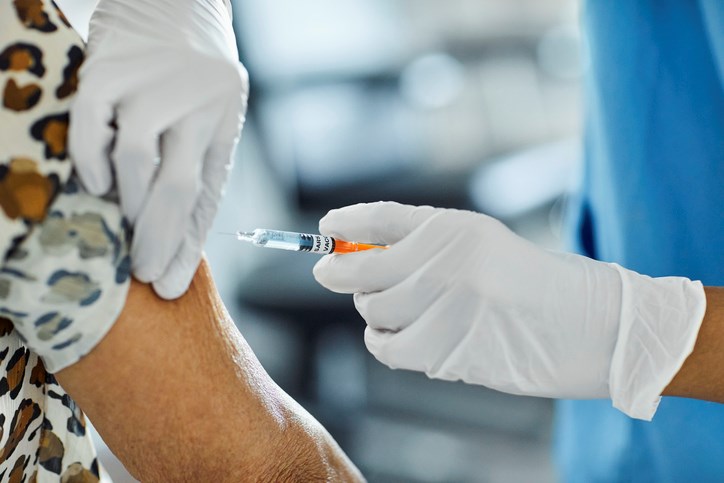REGINA — Saskatchewan public health has received an allocation of one-dose Janssen vaccines against COVID-19 from Johnson & Johnson, set to become available this week.
Saskatchewan will be receiving a total of 2,500 doses of the Johnson & Johnson vaccine, to begin delivery on a first-come basis through walk-in clinics on Nov. 17.
Due to the limited quantity, no appointments for the one-dose vaccine will be available, said the Saskatchewan Health Authority, and the Johnson & Johnson doses will only be available to individuals over 18 years old who have not yet received a first dose of any other vaccine.
This means Johnson & Johnson is currently not available as a booster or third dose option for residents. Those who are vaccinated with a Johnson & Johnson dose will be eligible for a booster in two months following their immunization, at which time an mRNA vaccine will be made available to them.
Johnson & Johnson doses will be distributed to clinics in Regina, Saskatoon, Estevan, Prince Albert, Melfort, Swift Current, North Battleford and Lloydminster only. Delivery of vaccines to these clinics will rely on weather, said the SHA, and more clinic locations are planned for the future pending supply confirmation.
Chief medical health officer Dr. Saqib Shahab said public health experts chose to seek the specific vaccine partially because it is easier to distribute than more temperature-sensitive doses, but also to encourage those hesitant to receive mRNA vaccines to be immunized.
“We did hear from a few people that they would prefer getting the single dose Johnson & Johnson vaccine, so [we] obtained limited supplies,” said Shahab.
Saskatchewan is currently reporting 80 per cent of eligible residents are considered fully vaccinated in the province.
Shahab has said that he hopes to see that rate continue to climb, ideally to 90 per cent or more for optimum protection against the virus across the province.
“I think this [Johnson & Johnson vaccine] will fill a specific need of some individuals who are holding out,” said Shahab. “And I would encourage the small number of people who are waiting for this to take advantage.”
The Johnson & Johnson vaccine differs from the Moderna and Pfizer mRNA vaccines in that it is a viral vector vaccine, which uses a modified virus similar to COVID-19 to generate an immune response. It’s also a one-dose immunization, opposed to the two-dose system of other vaccines currently offered in Saskatchewan.
Side effects linked to the Johnson & Johnson vaccine are similar to other vaccines, as is the efficacy rate, said the Saskatchewan Health Authority.
The vaccine was briefly pulled from use in the United States earlier this year, upon recommendation from the FDA and the Centre for Disease Control, after cases of rare blood-clotting were linked to the shot as a side effect.
But Shahab said that public health does not have safety concerns about delivering the vaccine to residents, as those side effects have been effectively analyzed since.
“After review, Janssen continued to be given in the U.S. and many other countries in the world,” said Shahab.
He added that the Johnson & Johnson vaccine has been approved in Canada for some time, but was not procured earlier because supplies of AstraZeneca, Moderna and Pfizer vaccines were enough to meet delivery needs.
Shahab also said that medical health officers are continuing to work with communities still reporting low vaccination rates, to address possible hesitancies and encourage uptake.
“Overall uptake is great, but there are pockets of communities that have a lower vaccine uptake, and it may be more than just individual hesitancy,” said Shahab. “I am working with colleagues to bring further success stories and further incentives to the table.”
Public health is also still awaiting word from Health Canada on the approval of the Pfizer youth vaccine, for children aged 5-11 years old, expected sometime in November.



